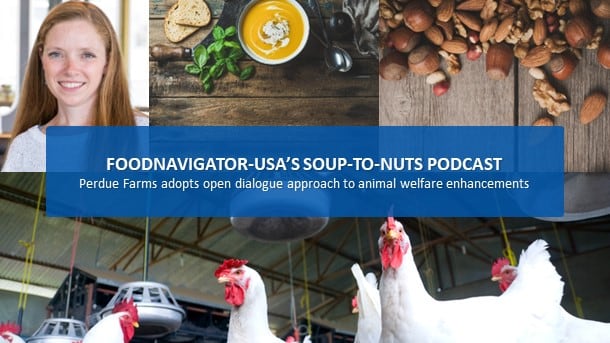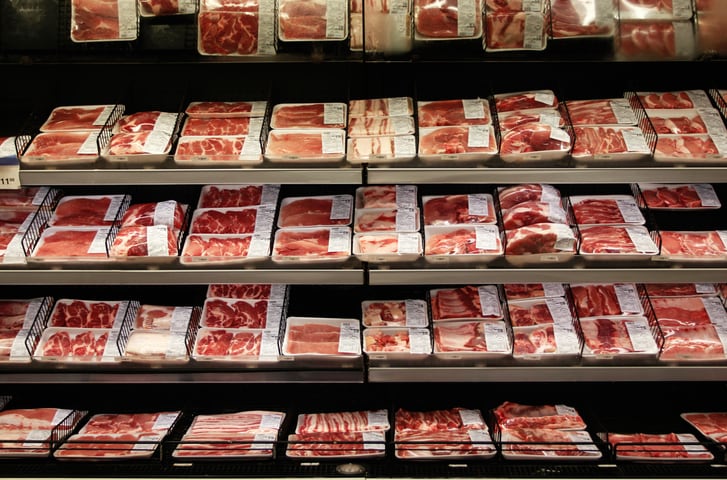“Animal raising claims include a whole host of claims, including ‘pasture raised’ or ‘raised without antibiotics.’ They are very valuable to companies. But, a number of stakeholders have petitioned us and raised concerns that many of these claims are not adequately substantiated” by all companies, which is unfair to consumers and to companies that verify their claims, USDA Deputy Under Secretary Sandra Eskin said last week at the Food Policy Impact Summit hosted by the Institute of Food Technologists’ Washington, DC, section.
In response, Eskin said, USDA is conducting a similar study to one done by George Washington University researchers that tested urine samples of beef cattle being slaughtered for the “raised without antibiotics’ marketplace, which found 42% of the feed yards it tested had at least one animal test positive for antibiotics.
“If, in fact, we have a not insignificant number of cattle – in our case we tested the livers and the kidneys – with antibiotic residues, we may want to change our policy,” Eskin said.
For example, she said, USDA could require companies for which it pre-approves labels with negative antibiotic claims to submit with their label applications test results verifying the claims. The agency may also require companies to conduct those tests on a regular basis, she added.
Guidelines expected this summer for animal raising claims
Further, USDA “sometime this summer” will issue revised industry guidelines that recommend companies use third-party certifications to verify other animal raising claims, she said.
“We don’t have on farm authority, so we can’t go on the farm and make sure that [a cow] is really a pasture raised cow or there are no antibiotics. So, our approach has been to rely on reliable third party certification bodies that are identified on the label and have standards that you can look up on the Internet,” Eskin said. “That gives us a lot more confidence that these are verified.”
The revised guidelines likely would also address climate claims, which Eskin said are “not intrinsically interrelated, but the same principle would apply at this point in time.”
She added these updated and ncreased oversight of both animal raising and climate claims are important because “people have to be able to trust it and certainly competitors have to feel like they are not penalized for doing the right things.”




